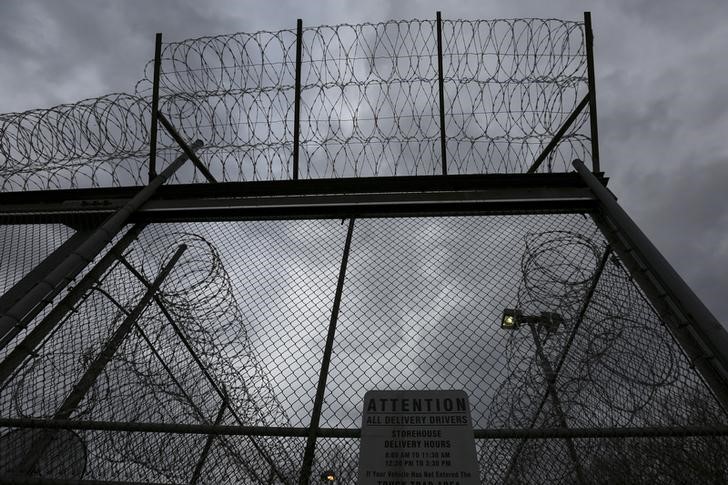
By Lawrence Hurley
WASHINGTON (Reuters) -The U.S. Supreme Court on Monday ruled that potentially hundreds of low-level crack cocaine offenders cannot benefit under a 2018 federal law that reduced certain prison sentences in part to address racial disparities detrimental to Black defendants.
The justices in an opinion by conservative Justice Clarence Thomas ruled 9-0 against a Florida man named Tarahrick Terry who had asked them to include offenders like him – people who had been arrested in possession of small amounts of crack cocaine – within the scope of the First Step Act signed into law by former President Donald Trump.
The First Step Act provision in question made retroactive another 2010 law, called the Fair Sentencing Act, that reduced a disparity that had left sentencing for crack cocaine crimes more severe than for powder cocaine crimes.
Black defendants were far more likely to face crack cocaine charges than white defendants, who were more apt to face powder cocaine charges. Terry, scheduled to be released from prison in September, is Black.
Thomas wrote that the text of the law dictated a “straightforward result.” Thomas said that the efforts by Terry, backed by President Joe Biden’s administration, to argue otherwise constituted a linguistic “sleight of hand.”
Liberal Justice Sonia Sotomayor wrote a separate opinion agreeing with the ruling and calling for Congress to amend the law, saying that it is unfair that some offenders did not benefit.
“This is no small injustice,” Sotomayor wrote.
The sentencing disparity was established by Congress in 1986 during that decade’s crack epidemic. Lawmakers created a 100-to-one quantity ratio under which a person arrested with just a small amount of crack cocaine would receive a much larger sentence than someone charged with possessing the same amount of powder cocaine. The 2010 law cut the ratio to 18-to-one, but did not apply it to those already convicted.
The 2018 law was passed with bipartisan congressional support. Although Trump signed the statute, his administration subsequently concluded that possession of a small amount of crack cocaine was not a “covered offense” under it.
Terry, now 33, pleaded guilty in 2008 in Florida to one count of possession with intent to distribute 3.9 grams of crack cocaine. He was sentenced to 15-1/2 years in prison. The Atlanta-based 11th U.S. Circuit Court of Appeals last year ruled against Terry’s effort to reduce his sentence.
Justice Department lawyer Eric Feigin told the justices in the May oral argument in the case he could not provide definitive numbers on how many inmates would be affected but said it would likely be “in the low three figures.”
Those convicted of higher-level crack offenses are already covered under the First Step Act. As of the end of last year, more than 2,500 people had been released from prison under that law, according to the Bureau of Prisons. Thousands more inmates have been released from prison as a result of other First Step Act provisions.
Of those resentenced under the crack cocaine provision of the First Step Act, 91 percent were Black, according to the Sentencing Project, a group that advocates for sentencing reform.
Sotomayor took issue with Thomas’s recitation of the history of the sentencing disparity, saying his account was “unnecessary, incomplete and sanitized” by among other things pointing out that Black leaders at the time had supported the legislation. Thomas is the court’s only Black justice.
(Reporting by Lawrence Hurley; Editing by Will Dunham)






